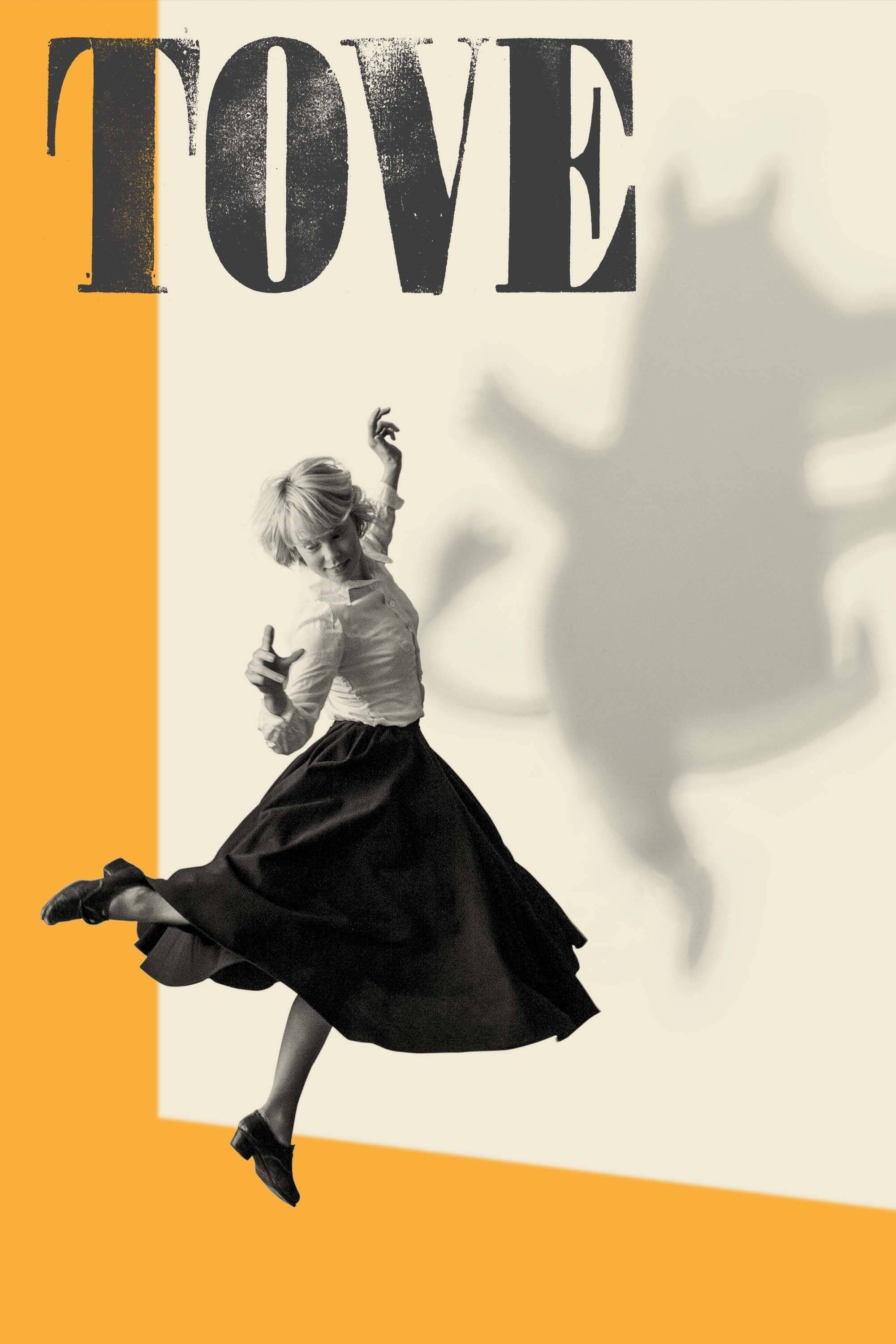

Helsinki, 1945. The end of the war brings a new sense of artistic and social freedom for painter Tove Jansson. While focusing her artistic dreams on painting, the enchanting tales of the ‘Moomin’ creatures she told to scared children in bomb shelters, rapidly take on a life of their own, bringing international fame.

A quiet staircase of an ordinary office building. Two colleagues, Markku, an older accountant, and Eeva, younger HR manager are heading down the stairs, one after another. It turns out that earlier that day, Eeva has had to tell Markku that he has been fired from the company after many years. Markku is bitter and full of rage. Then something unordinary happens.

19-year old Luukas starts working in his family owned funeral home. They pick up corpses at night from deceased's homes. During one of these gigs Luukas discovers a new talent within him, that opens up a whole new world.

The year is 1917. Rumors of the Russian Revolution are spreading to Helsinki, disrupting the lives of both Prime Minister Oskari Tokoi and the bourgeois Nikolajeffie family. The family's 17-year-old daughter Olivia and the same-aged maid Iita, who works for the family, are best friends. They meet a young socialist boy, Juho, and become entangled in politics, which puts their friendship to the test. Olivia disappears, and Iita realizes that it is a matter of life and death. At the same time, Oskari Tokoi's government seeks to make Finland independent from Russian rule.

Marion wants to marry her female friend Julia. Marion has grown up in a religious family where her mother became a liberal priest. Young women have lived openly in a relationship, but now Marion's thoughts have changed. He finds himself a new life in the fundamentalist Simeon church led by his grandfather grandfather. Marion's mother Henry, one of the first female priests of the Lutheran Church, cannot stand the idea of her daughter attending a congregation that opposes female priesthood and homosexual relationships.
By browsing this website, you accept our cookies policy.